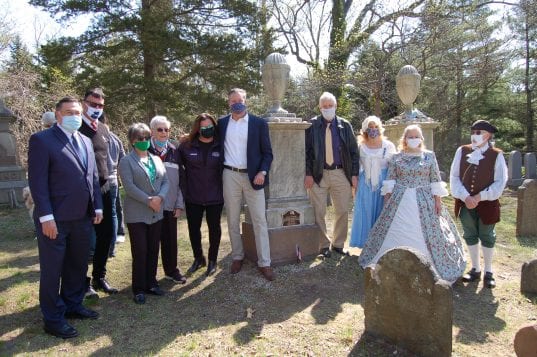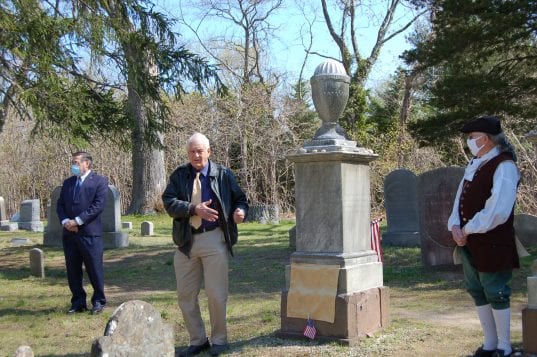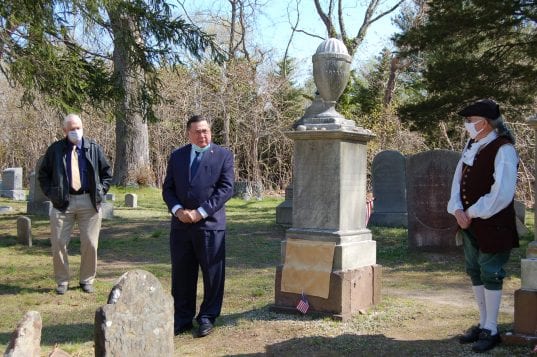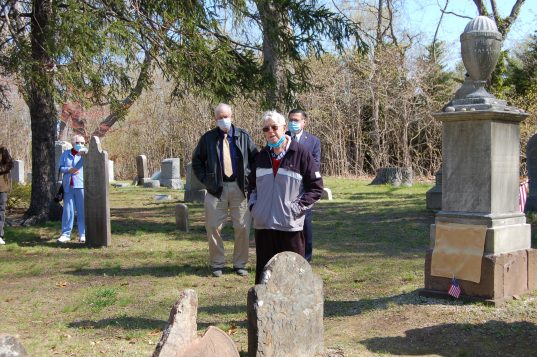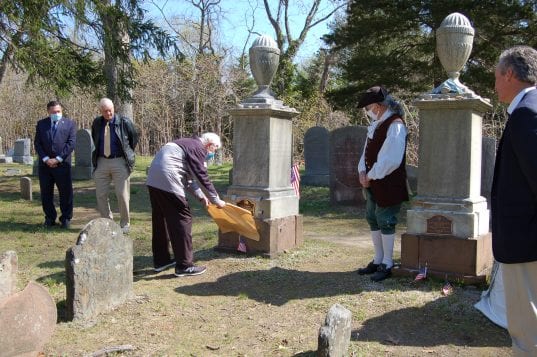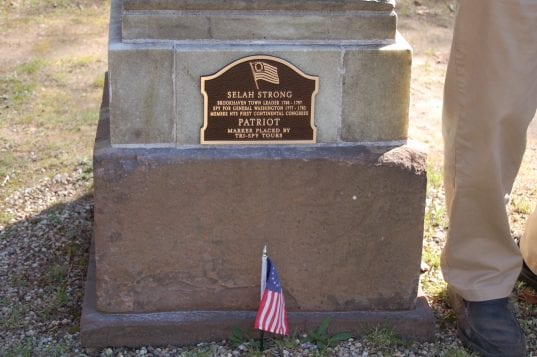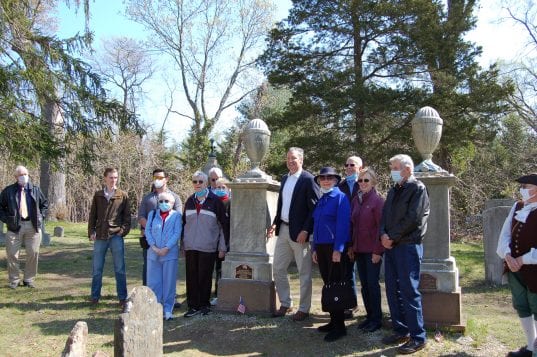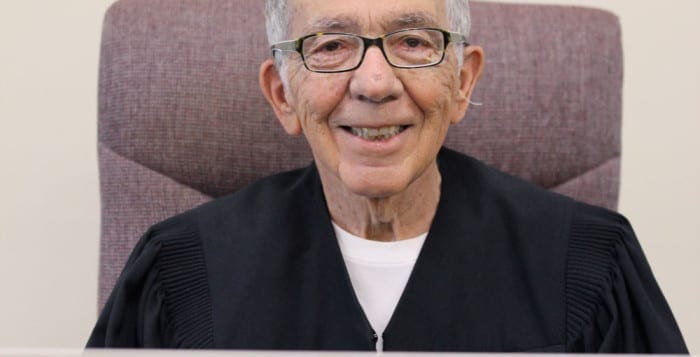Theresa Whelan, of Wading River, a longtime Suffolk County judge who served for more than 10 years in family court and most recently as the county’s Surrogate’s Court judge, died Monday, Dec. 26, after a courageous battle with cancer. She was 60.
Theresa Whelan always knew she wanted to be in public service. As a young attorney fresh out of Albany Law School, she began her legal career in 1988 as a Suffolk County assistant county attorney. She entered the court system in 1990 as a senior law clerk to Supreme Court Judge Eli Wagner, in Nassau County. She went on to work as a principal law clerk in Suffolk County for Supreme Court Judge Mary M. Werner and, later, Supreme Court Judge William B. Rebolini. During her 17 years in the supreme court, she worked in nearly every part, including civil litigation, guardianship, tax certiorari and condemnation cases, as well as matrimonial matters.
She eventually took the bench herself in 2008 after she was elected to serve as a judge in Suffolk County Family Court. There, she heard primarily child abuse and neglect cases and presided over Family Treatment Court, where she worked to safely reunite families. Whelan became Suffolk County’s Surrogate in 2019, presiding over proceedings involving wills, trusts and estates as well as guardianship matters. She retired in the summer of 2022, marking 32 years within the New York State court system.
Known for her commitment to improving court practices to better serve the needs of the public, Whelan mobilized several initiatives that helped families and children and that expanded access to justice for all court users. She was appointed Supervising Judge of the Suffolk County Family Court in 2016, and one of the many reforms she spearheaded was providing remote access to temporary orders of protection, allowing individuals to petition the court from a hospital, a police precinct or a shelter. She was a catalyst of the FOCUS (Family Overcoming Crisis through Unified Services) initiative, a program that expedites access to services that address the trauma and developmental needs of children and parents in the court system.
She also served as lead judge of the Suffolk County Child Welfare Court Improvement Project, part of a statewide initiative to address court practices in cases where the court has removed children from their parents’ care. In 2016, Chief Administrative Judge Larry Marks appointed her to the Family Court Advisory and Rules Committee. In 2018, former New York Court of Appeals Chief Judge Janet DiFiore appointed her to the New York State Commission on Parental Representation, which is tasked with holding public hearings and reporting on the status and quality of lawyers representing parents in child welfare cases. Since 2016, Theresa Whelan had been the chair of Suffolk County’s Attorneys for Children Advisory Committee, which is responsible for considering the qualifications of new applicants to the Attorneys for Children panel as well as reviewing the recertification applications for existing lawyers.
An active member of the Suffolk County Bar Association, Whelan was co-chair of the Family Court Committee from 2013 to 2016 and lectured for the association’s law academy and other legal organizations. As a member of the Attorney for Child Task Force, she and the other members received the Suffolk County Bar Association’s President’s Award in 2016 for their work. She was also a member and past president of the Suffolk County Women’s Bar Association.
In March of 2022, in recognition of her leadership and commitment to improving the lives of children and families, Whelan was honored at a Women’s History Month celebration, “Women Providing Healing, Promoting Hope,” presented by Suffolk County District Administrative Judge Andrew A. Crecca and the Suffolk County Women in the Courts Committee. In June, Whelan was awarded the Marilyn R. Menge Award at the Women’s Bar Association of the State of New York 2022 Convention.
Prior to beginning her legal career, she received a Bachelor of Arts degree in English and a Master of Science degree in Policy Analysis and Public Management from the State University of New York at Stony Brook.
Her devotion to her family was boundless. She and her husband, Suffolk County Supreme Court Justice Thomas F. Whelan, recently celebrated their 32nd wedding anniversary. Together they raised two children, Joseph and Erin. Whelan was a proud grandmother to Erin’s one-year-old daughter, Andrea.
In her spare time, Whelan enjoyed the outdoors. She could often be found hiking, kayaking or spending time at the beach. She ran in several half marathons in recent years.
She continued her dedication to the public good even after her cancer diagnosis, volunteering to participate in clinical trials, despite the risks, in hopes of helping find a cure. Her family, friends and former colleagues remember her as someone who braved challenges with grace and compassion. She will be dearly missed by all who knew her.
Theresa Whelan is survived by her husband, Justice Thomas F. Whelan; son, Joseph Whelan; daughter, Erin, her husband, Alex Meyers, and their daughter, Andrea; mother, Joan Bryant, and her husband John Bauer; brothers, Jack Bryant and Christopher Bryant; sisters, Vaughn Bogucki and Victoria Yule; together with many nieces and nephews.


